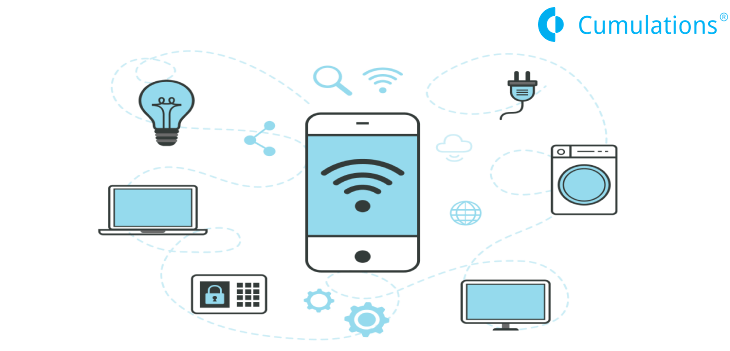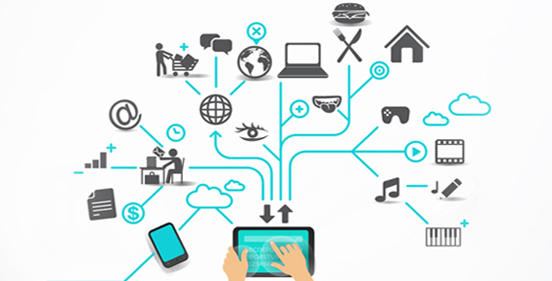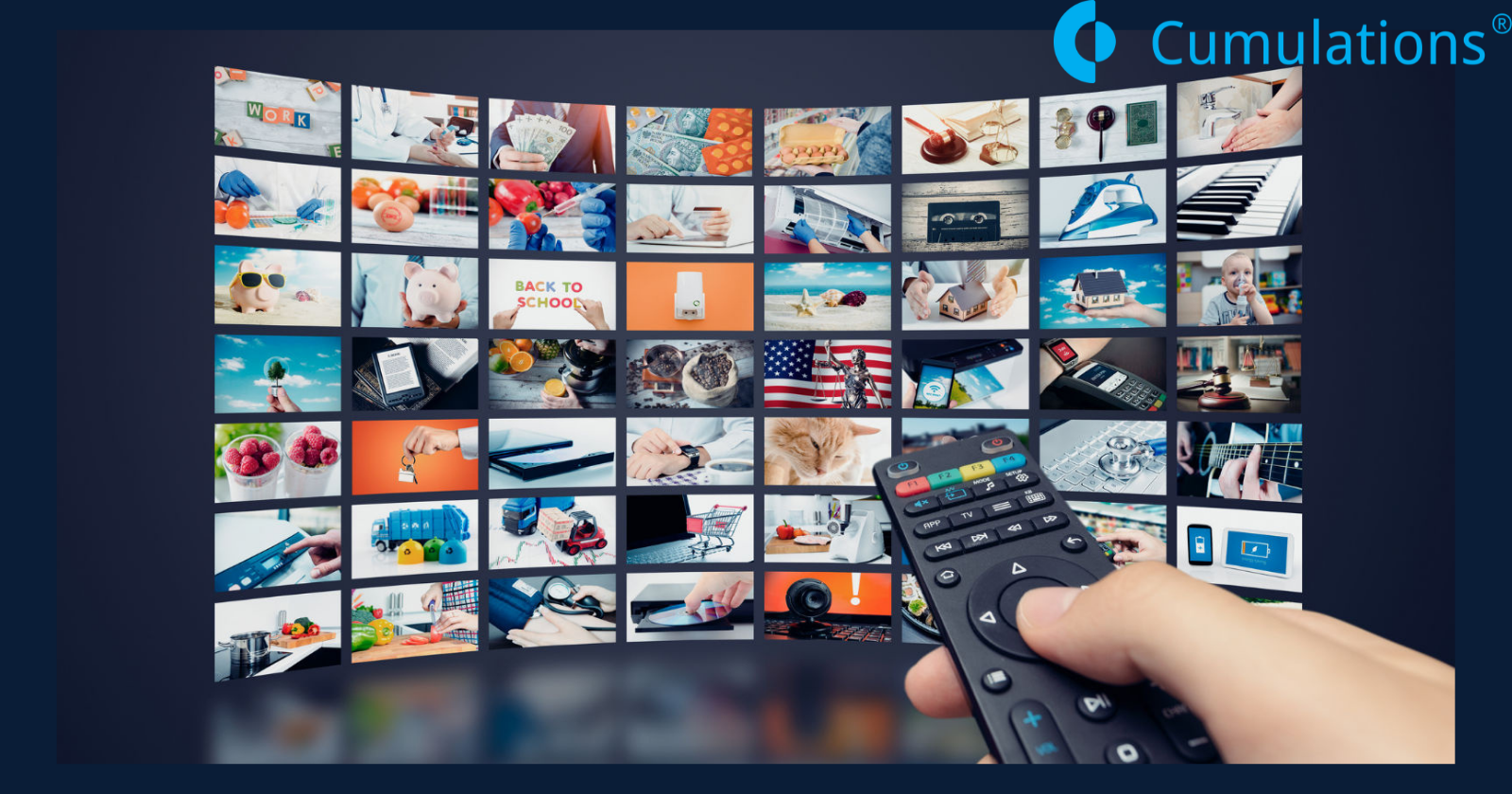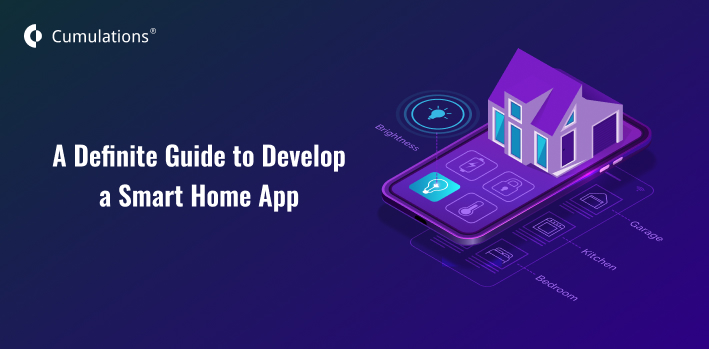
Introduction
Progressive business enterprises across the world today are marshaling in a new epoch where they are running their trade operations by leveraging IoT and thus creating new and improved business opportunities. However, It is just a part of the story.
In order to harness the complete potential of the adoption, IoT is now being coupled with the emerging Artificial Intelligence technologies helping the enterprise to arrive at conversant decisions sans any human intervention.
The outrageous growth of IoT has been underlined several times now. However, less widely appreciated is the magnanimous impact that Artificial Intelligence will have on the different aspects of our personal and professional lives- an impact that will be burgeoned many times by coalescing it with the incredible concept of IoT.
Comprehending the Role of Artificial Intelligence in the IoT Revolution
AI is anticipated to perform a plethora of smart tasks such as voice recognition, language translation, decision-making, etc. without human intrusion. Alternatively, Internet of Things (IoT) includes a chain of interconnected devices that transfer data over a network. IoT devices have made an entry into our daily lives and seek to bring in an advanced level of comfort. These devices bank on internet connectivity and generate unconceivable amounts of data which is pertinent to user behaviors, their preferences, personal information, etc. and therefore cannot be ignored. However, a lot of enterprises are absolutely clueless as of how to store and process such outsized amounts of data. This is encumbering the growth and potential of IoT.
Artificial intelligence, in this case, can greatly help to accrue the deluge of data that is processed by the IoT devices. It allows to analyze the data and make sense out of it. Thus, AI is predicted to be the chief propellant to initiate the unprecedented growth of the IoT revolution.
Related Read: How Mobile Apps Can Play a Vital Role in IoT Apps Development
This colossal shift and ongoing disruption caused by Artificial Intelligence & Internet of Things is radically reshaping the technological landscape. Expected to be major in the looming times, there is a growing need for these technologies, with an increasing number of organizations and industries constantly adopting and implementing it in multifarious scenarios.
Enabling transformational benefits for businesses
The formative systems of AI were only competent in managing a narrow category of tasks. They could not scale well and often called for human intervention. However, continuous studies and progress in technology have led to the evolution of AI in tandem with IoT concept which has given rise to the much loosely used term now, Smart Machines. Leveraging the power and capability of AI, smart machines will simplify the tasks by performing them in minutes which otherwise would take weeks or even months to complete. These machines will radically transform the way most enterprises do business, bringing in an advanced level of comfort and convenience.
Get your Customised IoT App Now: Contact IoT App Development Company
The synthesis of the two concepts offers real value proposals in the form of smart sensors that seek to proffer real-time data and feedback to make these three significant analyses.
Predictive: Predictive analysis helps to determine when a part of the machinery is most likely to experience a breakdown. Such analysis will help in averting the failure through preemptive intervention.
Prescriptive: Prescriptive analysis offers immediate suggestions that can be instrumental in preventing any kind of disasters or botches.
Adaptive/ autonomous: Constant data feeds from sensors can help the systems in taking frequent actions autonomously without any human involvement.
The combination of the two evolving technologies is predicted to drastically alter the competitive landscape by requiring all companies to change their product portfolios to incipient realities. This will lead to the emergence of new concepts across all industries. 4 key changes that will be triggered by the competitive scenario are:
Greater Revenues: The collective effect of AI & IoT will prove to be majorly beneficial for many industries in terms of greater revenues and returns. IoT gadget manufactures, IoT data providers along with businesses offering application services based on smart sensors are expected to be at the winning edge.
Augmented Safety Standards: Real-time monitoring can help in keeping a strict check and thus prevent all kinds of failures or disasters. This will raise the overall safety and security standards and increase efficiency. This will also help in minimizing the loss of lives and the damage caused to assets.
Reduced Costs: Monitoring of devices by smart sensors, sensor fitted domestic appliances, smart electricity meters, etc. will result in reduced operational costs for both households as well as business enterprises.
Improved Customer Experience: Smart sensors come with a plethora of opportunities for improving the customer experience. These sensors can learn the user preferences and adjust their values accordingly. For example, thermostats in smart homes can adjust to the ideal temperature settings of different users living in the same house.
Impact on Various Industries
Considering the potential and sum of benefits on a proposal, it comes as no surprise that a large number of business enterprises are embracing the new opportunities offered by the merger of AI and IoT.
1) Manufacturing
All types of manufacturing industries such as aircrafts, automobiles, household appliances, food and beverage, mining, etc. are integrating smart sensors into their machinery in order to perform prognostic analysis and augment their efficiencies. They are looking to set up an autonomous industrial unit which is soon going to be the future rage. Such a setup with smart sensors will help the industries in detecting the vital threat areas and thus diminishing machinery collapses and be lowering down costs.
2) Smart Homes
IoT has led to the emergence of smart home concept where all appliances are connected to each other through a common network. By combining this with AI, all these appliances will be able to interpret their owner’s instructions and take intelligent decisions accordingly.
A smart home technology aims to make our lives easier and comfortable by presenting a chance to control the devices remotely, regardless of the location. For example, you can pre-decide the time when your coffee shall be brewed, your TV program shall be switched on, etc. Additionally, in case of a fire, it can be encoded to unlock all doors and make a call to the fire department. Besides, it can also help to bring down the electricity costs by turning off the appliances when not in use, or switching off the lights when no one is home.
3) Body sensors
Smart sensors are hugely instrumental in detecting different bodily activities to maintain proper health. A lot of medical companies are investing in medical sensors that can help the patients in tracking their activities in order to improve their health, for example, these sensors can help to monitor blood sugar levels and release insulin in case of an emergency.
These sensors are also being used by construction companies to note the load carrying capacity as well as a posture of their laborers to avoid any kind of injuries and augment productivity.
4) Smart buildings
Buildings can be fitted with smart sensors that can make predictive analysis and increase its security by preventing accidents and risks such as fire, short-circuit, flooding, etc. They also monitor the movement of people and bring down costs by adjusting temperatures and improving energy efficiency.
5) Airlines
Sensors are fitted on aircrafts that faultlessly monitor the prominence of various risks and errors. They predict future faults along with their degree of severity to reduce aircraft downtime and augment the safety of passengers. Airline companies can also use these sensors to identify maintenance issues that may cause flight delays and cancellations.
6) Oils Rigs
Oil industries have to invest fortunes of money in procuring oil drilling machinery. These machineries when getting spoilt causes a huge loss to the companies. Thanks to IoT and AI, oil companies can benefit from smart sensors that can be easily attached to the oil machinery to make preventative maintenance analysis and thus, significantly bring down operational costs.
Final Words
The combined effect of AI and IoT will radically restructure our personal as well as professional lives in a manner that cannot be fully imagined by most business enterprises today. Not only will it replace tiresome and monotonous human jobs with machines, but also it will also vastly reshape the competitive scenario by giving a titanic advantage to the early adopters of AI in terms of newfangled business opportunities. Smart business enterprises are therefore opting for a proactive and visionary approach to leverage this upcoming wave and turn it into a massive opportunity to escalate their business.
5 Takeaways from the Article
Primarily, AI is all about making machines put on an intelligent behavior. IoT, on the other hand, is making those machines connect. Clearly, there is a strong intersection between the two.
The collective effect of AI & IoT will be first witnessed when routine and repetitive manual tasks will be automated, thus providing assisted intelligence. Following that, as the complexity of decisions in different situations escalates, AI will supplement human decision making, providing augmented intelligence. Finally, when the machines become able enough to learn about various situations and make consistent and expectable decisions that humans can trust, they shall become autonomous.
This reciprocally beneficial relationship between the two emerging technologies is manifesting itself in the form of various successful integrations of the two in a plethora of industries such as manufacturing, airlines, oil rigs, smart homes, smart cities, etc.
While the complete waves of this upcoming disruption will not emerge overnight, it will indubitably arrive a lot earlier and faster than most businesses are presently guessing.
Ambitious businesses must take a call to ascertain how they will drive value by coalescing AI and IoT.
Related read:


 +91-984-5825982 | +91-996-4689921
+91-984-5825982 | +91-996-4689921 sales@cumulations.com
sales@cumulations.com Send your requirement
Send your requirement 



